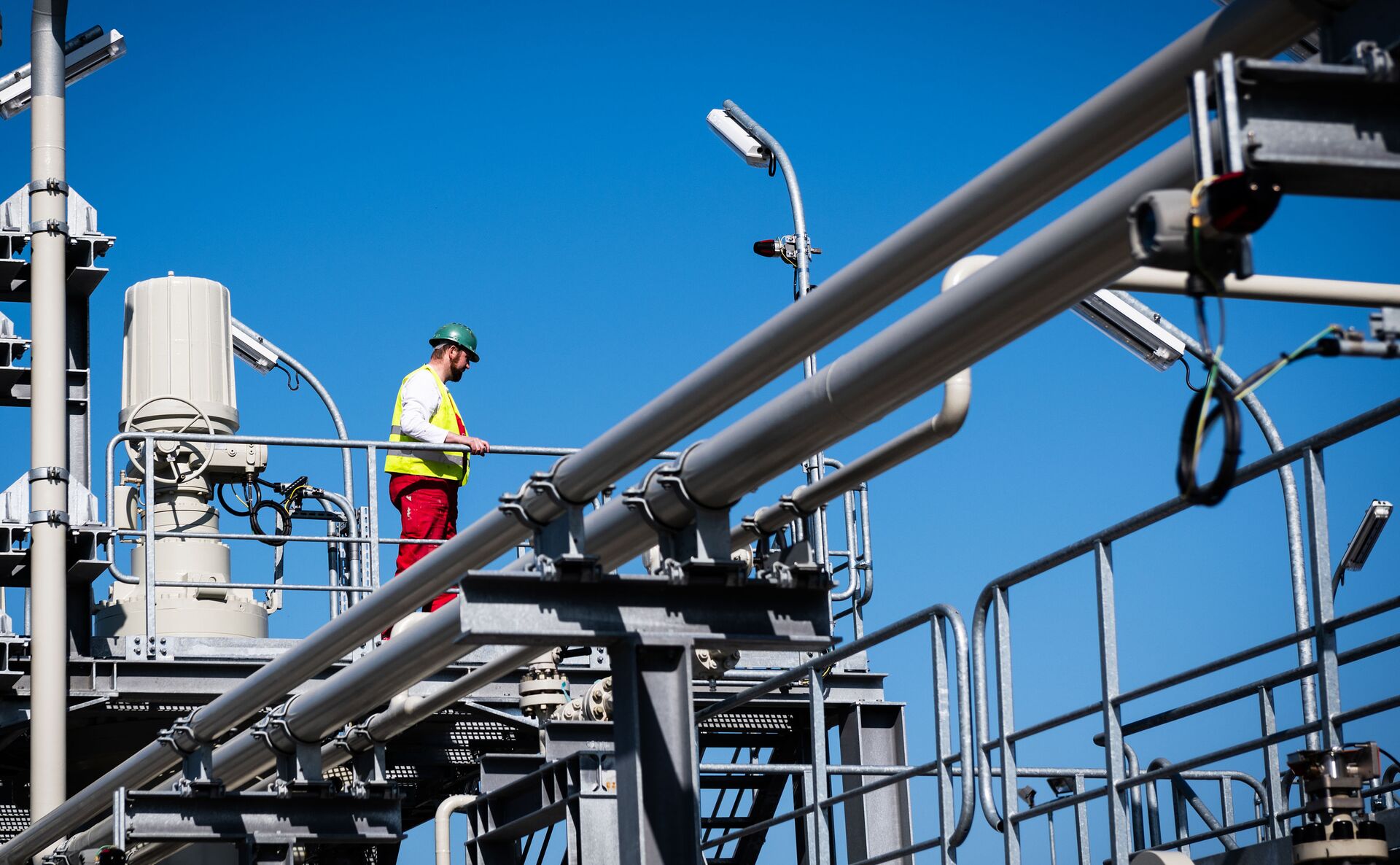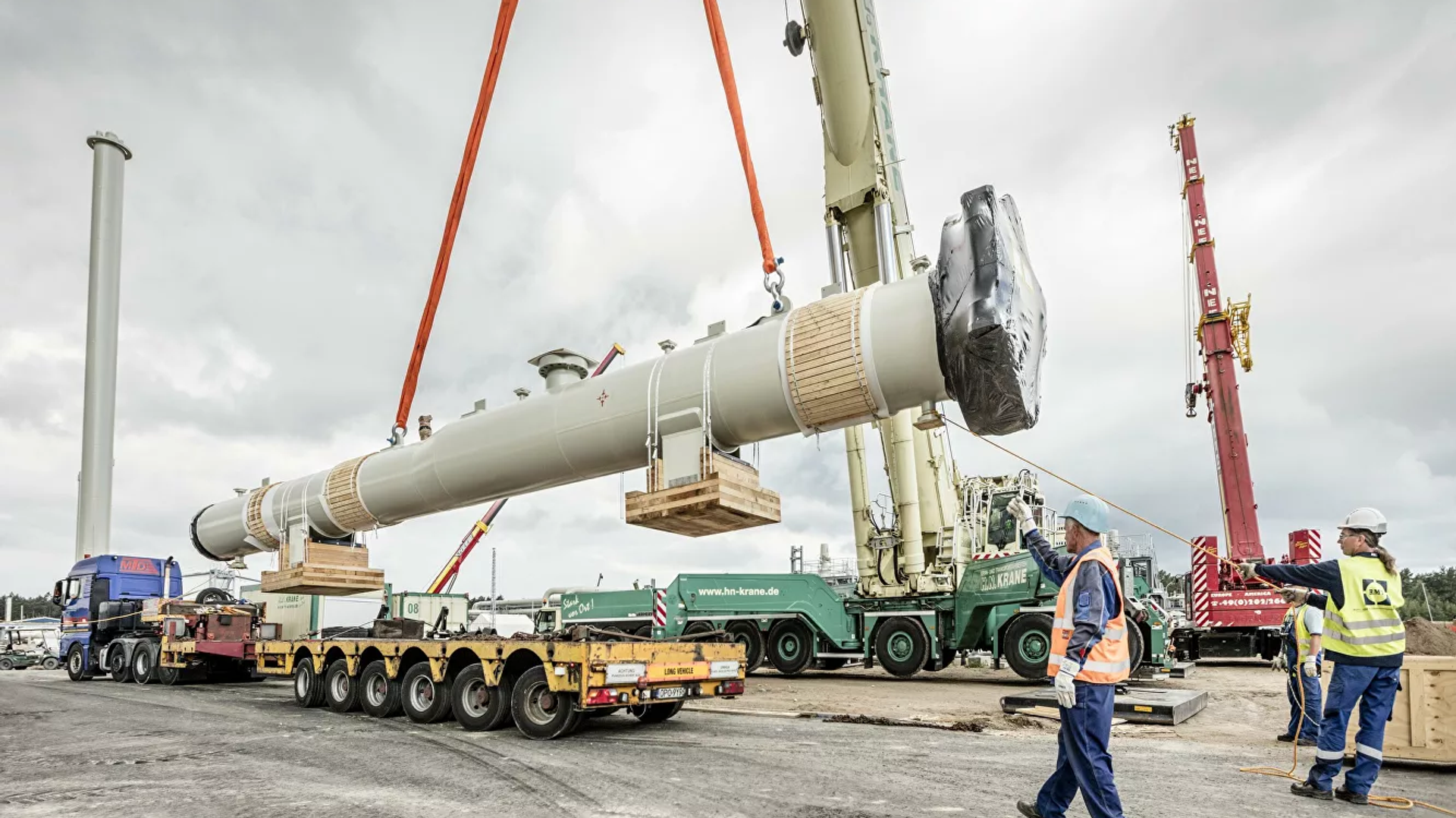“A couple of weeks ago, on May 19, we actually sanctioned more entities, 13 ships, four companies that had ever been sanctioned under PEESA [Protecting Europe’s Energy Security Acct]. What we also did under the law was issue a national interest waiver, with regard to Nord Stream 2 AG and its CEO. That waiver can be rescinded,’ Blinken told the US House Foreign Affairs Committee.
Blinken also said that the US government has been actively engaged with Germany on making sure that the Nord Stream 2 pipeline is not used as a coercive tool against Ukraine or any other nation.
“Now Germany has come to the table and we are actively engaged with them to look at what can and should, and I believe, must be done to... make sure that the transit fees that Ukraine, at some point in the future, may lose as a result of this pipeline being able to go around Ukraine, that they're made whole, that the ability of Russia to use gas as a coercive tool or weapon against Ukraine or anyone else is eliminated and there are ways to do that, and that we have agreements in place upfront to come back on any activities by Russia that are challenging the economic security of any of these countries that we will in advance agree that we are going to take action against them,” Blinken said.

This comes as the first leg of the pipeline was completed last Friday.
Last month, the US blacklisted 13 Russian vessels and three Russian firms involved in the implementation of Nord Stream 2 after previous sanctions had prompted Swiss pipelaying company Allseas to withdraw from the project, causing a delay in pipelaying work.
Nord Stream 2 is the 745-mile-long twin pipeline that is to carry up to 1.9 trillion cubic feet of gas per year from Russia directly to Germany under the Baltic Sea, passing through Danish, Finnish, and Swedish waters.


